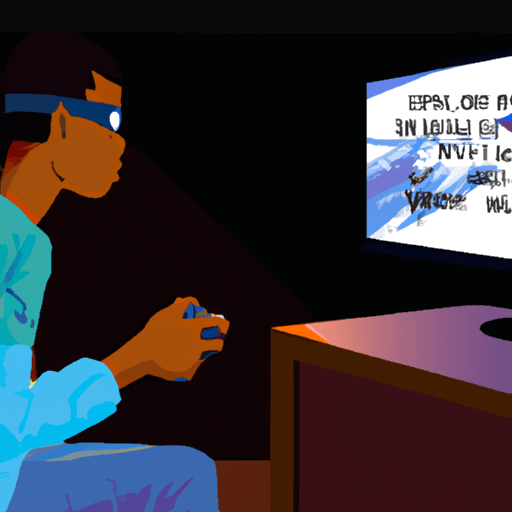Examining the Alleged Correlation Between Video Games and Violence
In recent years, video games have frequently found themselves at the center of arguments attributing violent tendencies in individuals to the impact of these interactive digital experiences. The societal discourse seems to be ever influenced by the notion that video games form a significant element encouraging a violent culture, especially among the younger demographic. This article aims to dissect the complex relationship between video game usage and instances of violent behavior, assess ongoing research trends, and provide an objective, balanced analysis.
The Violent Video Game Narrative
The narrative associating violent tendencies with video games often stems from the explicit use of violent content in games. Popular titles such as Grand Theft Auto, Call of Duty, and Counter-Strike revolve around themes of crime, warfare, and gun violence, which raises suspicions towards their potential influence on player behavior.
Research on Video Games and Violence
Existing studies on the purported correlation between video games and violence have produced mixed outcomes. Prominent research conducted by the American Psychological Association (APA) in 2015 suggested that playing violent games could increase aggression in players. However, it clarified that no clear link to criminal violence or youth violence was established.
Contrastingly, the Oxford Internet Institute (OII) in 2019 published a study involving over 1,000 teenagers and their guardians, which found no evidence supporting the correlation between violent video games and adolescent aggression.
Psychologists' Perspective
The psychologists are noticeably divided on this contentious issue. While some argue that repeated exposure to violent scenarios in games could desensitize individuals to real-world violence or encourage aggression, others contend that video games offer an outlet for inherent violent tendencies and have minimal to no influence on breeding fresh violent behavior.
Contrasting Views and the Scapegoat Narrative
Detractors argue that video games are unfairly scapegoated for societal issues, much like how rock 'n' roll music and comic books were blamed in earlier times for society's ills. Video games can be educational, enhance hand-eye coordination, problem-solving skills, and serve as a beneficial tool for stress relief. Furthermore, they argue that no definitive scientific consensus proves video games directly foster real-life violence.
Influence of Video Games on Developing Minds
Indeed, video games have their pros and cons when it comes to developing minds. On a positive note, they stimulate cognitive growth, problem-solving, and strategic thinking. On the downside, excessive exposure could lead to possible desensitization, unhealthy competition, and in some cases, social isolation.
Conclusion
Assertions that video games unequivocally contribute to cultivating a violent culture seem unfounded in light of current evidence. Significant disparities in research findings, coupled with contrasting views from psychologists, indicate that a definitive claim linking video games to violent tendencies remains non-conclusive. It is pivotal to view this topic from a broad lens that includes the individual's background, psychological disposition, and the influence of the broader social environment. More nuanced and interdisciplinary research is necessary to truly unmask the layered relationship between video games and violence.



















Comments
Leave a Comment